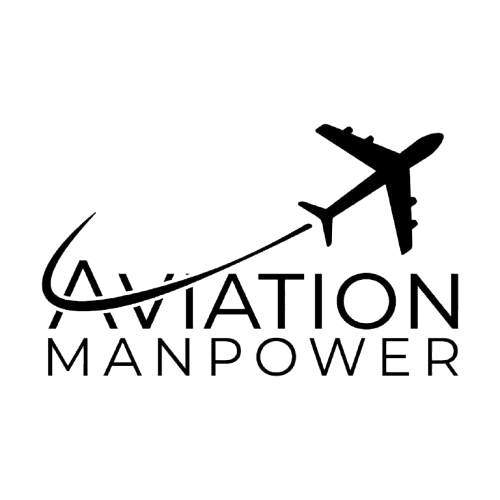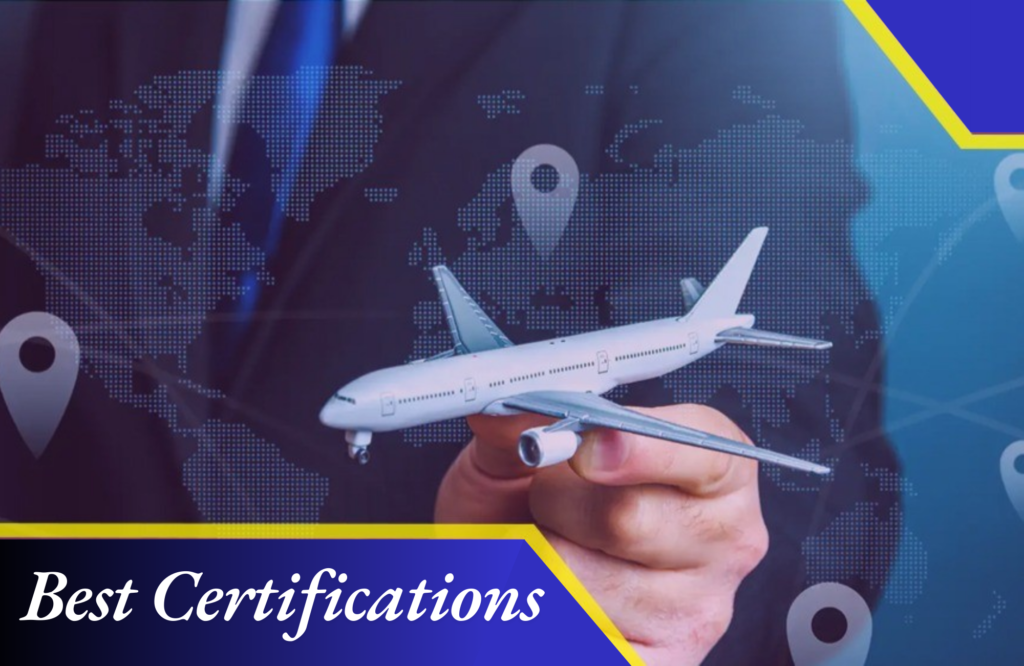Introduction
Are you looking to take your aviation career to new heights? Whether you’re a pilot, aircraft maintenance engineer, air traffic controller, or aviation management professional, earning the right certifications can be a game-changer. In a highly regulated industry like aviation, certifications not only validate your skills and expertise but also ensure compliance with safety and operational standards set by global aviation authorities.
Think of certifications as a passport to better job opportunities—they can give you a competitive edge, increase your earning potential, and open doors to prestigious airlines, government agencies, and aerospace companies. However, not all certifications hold the same weight. Some are region-specific, while others are globally recognized, making it essential to choose the right one for your career goals.
In this guide, we’ll break down the most valuable aviation certifications, their costs, time commitments, and the career benefits they offer. Whether you’re just starting or looking to advance, the right certification can elevate your career to new altitudes!
Why Certifications Matter in Aviation
In aviation, certifications act as a badge of credibility. Employers seek professionals who have undergone rigorous training and testing to ensure safety and efficiency. Certifications not only enhance your knowledge but also increase job security and salary potential.
Top Pilot Certifications
Becoming a pilot requires multiple certifications, each with its own requirements and benefits. Here are the most sought-after ones:
- Private Pilot License (PPL): The first step for aspiring pilots, allowing them to fly for personal or recreational purposes.
- Commercial Pilot License (CPL): Enables pilots to get paid for flying and is a prerequisite for airline jobs.
- Airline Transport Pilot License (ATPL): The highest certification, required for captains in commercial airlines.
Aircraft Maintenance Certifications
Aircraft maintenance technicians (AMTs) play a crucial role in keeping planes airworthy. Certifications in this field include:
- FAA Airframe and Powerplant (A&P) Certification: Required in the U.S. for aircraft mechanics.
- EASA Part-66 License: Recognized in Europe, allowing mechanics to work on specific aircraft types.
- Certified Aviation Manager (CAM): Focuses on maintenance management roles.
Air Traffic Control (ATC) Certifications
Air traffic controllers ensure safe flight operations. To enter this field, you may need:
- FAA Air Traffic Control (ATC) Certification: Mandatory for controllers in the U.S.
- ICAO ATC Certification: Internationally recognized qualification.
- Eurocontrol ATCO Training: Required for air traffic controllers in Europe.
Aviation Safety and Security Certifications
Aviation safety is critical, making these certifications valuable:
- Certified Aviation Safety Professional (CASP): Enhances expertise in safety management systems.
- Aviation Security Professional Certification (AVSEC): Ideal for those managing airport and airline security.
- IATA Safety Management System (SMS) Certification: Focuses on risk management in aviation.
Aviation Management and Business Certifications
For those eyeing leadership roles, these certifications help:
- Certified Aviation Manager (CAM): Covers finance, operations, and HR in aviation.
- IATA Airline Management Certification: Provides insights into airline business strategies.
- MBA in Aviation Management: A higher education route for long-term career growth.
Flight Attendant Certifications
Flight attendants must complete specialized training, including:
- FAA Cabin Crew Certification: Required for U.S.-based flight attendants.
- EASA Cabin Crew Attestation: The European equivalent.
- IATA Cabin Crew Training: Provides global recognition and enhanced career prospects.
Drone Pilot Certifications
With drones playing a growing role in aviation, relevant certifications include:
- FAA Part 107 License: Required for commercial drone pilots in the U.S.
- EASA Drone Pilot Certification: Needed for operations in Europe.
- Remote Pilot Certificate (RPC): Popular in various regions for professional drone pilots.
International vs. Regional Certifications
- Aviation certifications vary across regions; some are internationally recognized, while others are country-specific.
- International certifications like ICAO (International Civil Aviation Organization) and IATA (International Air Transport Association) hold global value and are preferred for international careers.
- Regional certifications like FAA (U.S.) or EASA (Europe) are crucial for working within their respective regions but may not be transferable worldwide.
- Before selecting a certification, check employer requirements in your target job market.
- Some countries offer conversion programs for international professionals, but the process can be time-consuming and costly.
How to Choose the Right Certification
- Identify your career goals: pilot, air traffic controller, maintenance engineer, etc.
- Research industry demand in your preferred location—some certifications are more valuable than others.
- Consider salary prospects—higher-level certifications often lead to better-paying jobs.
- Evaluate the training difficulty, duration, and prerequisites—some require extensive study and flight hours.
- Keep an eye on job market trends—new fields like drone operations and green aviation are gaining traction.
- Compare different training programs and institutions before making a decision.
Cost and Time Investment
- Certification costs vary widely, from a few hundred dollars to over $100,000 for pilot training.
- Training duration differs: Some courses take a few weeks, while advanced certifications like ATPL can take years.
- Additional costs include study materials, exam fees, simulator hours, and flight training expenses.
- Financial aid options include scholarships, government funding, and employer sponsorships.
- Consider part-time or online certification programs for flexibility and cost savings.
- Ensure the return on investment (ROI) aligns with your long-term career goals.
Career Growth After Certification
- Certified professionals gain better job opportunities, higher salaries, and career stability.
- Pilots with ATPL certification can progress from co-pilot to captain, leading to significant pay raises.
- Specialized certifications in aviation safety, electric aircraft maintenance, and AI-driven air traffic management open new career paths.
- Aircraft maintenance engineers and air traffic controllers also see rapid career advancements with additional certifications.
- Networking and staying updated with emerging technologies can further accelerate career growth.
Tips to Pass Certification Exams
- Study official manuals, guidelines, and regulatory handbooks for your certification.
- Take practice exams to familiarize yourself with the format and identify weak areas.
- Join professional training programs and mentorships for expert guidance.
- Engage in study groups and industry discussions to deepen your understanding.
- Maintain a structured study schedule while balancing work and personal life.
- Prioritize mental and physical well-being to enhance focus and exam performance.
Future Trends in Aviation Certifications
- AI and automation are transforming aviation, requiring certifications in AI-driven air traffic management.
- The rise of electric and hybrid aircraft is leading to new certifications in electric aircraft maintenance.
- Green aviation and sustainability courses are emerging to meet carbon-neutral aviation goals.
- Demand for drone pilots and urban air mobility specialists is increasing, with new licensing programs being introduced.
- Staying updated with industry trends and regulatory changes will be crucial for career longevity.
Conclusion
Certifications are the key to unlocking greater career success in aviation. Whether you’re a pilot, engineer, or management professional, the right certification can take you further than ever before. Evaluate your goals, invest in the right training, and prepare to soar high in your aviation career!
FAQs
1. What is the most important certification for pilots?
The Airline Transport Pilot License (ATPL) is the highest and most important certification for commercial pilots.
2. How long does it take to get an aviation certification?
It depends on the type of certification. Some take weeks, while others, like an ATPL, can take years.
3. Are aviation certifications worth the investment?
Yes! They enhance job prospects, increase salaries, and open doors to career advancement.
4. Can I get an aviation certification online?
Some theoretical courses can be taken online, but practical training is often required in person.
5. Which aviation certification has the highest salary potential?
Certifications like ATPL for pilots and FAA A&P for aircraft mechanics lead to some of the highest-paying aviation jobs.

